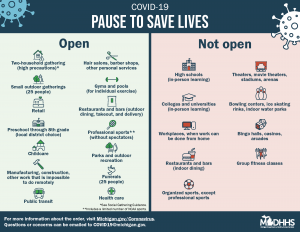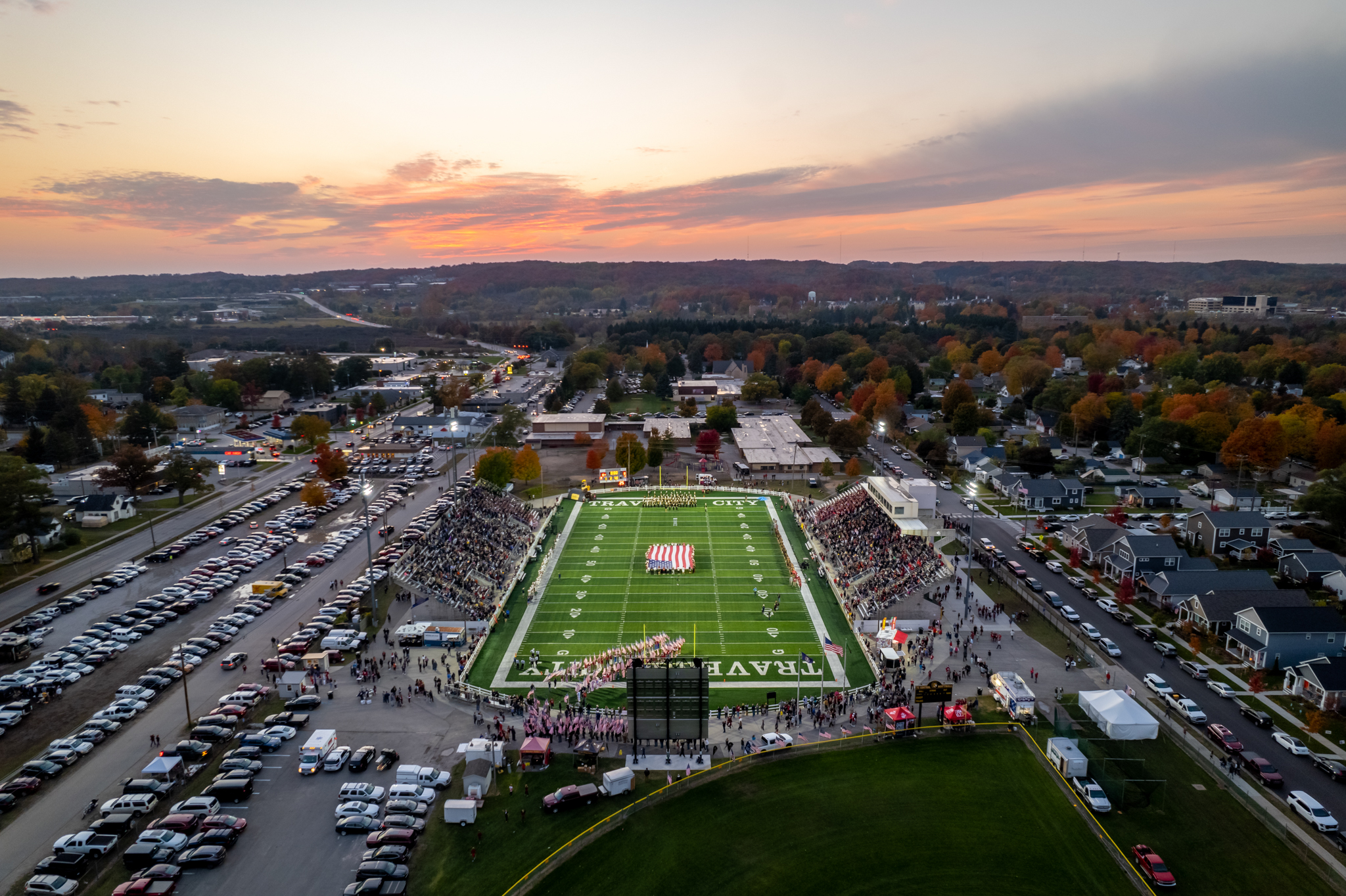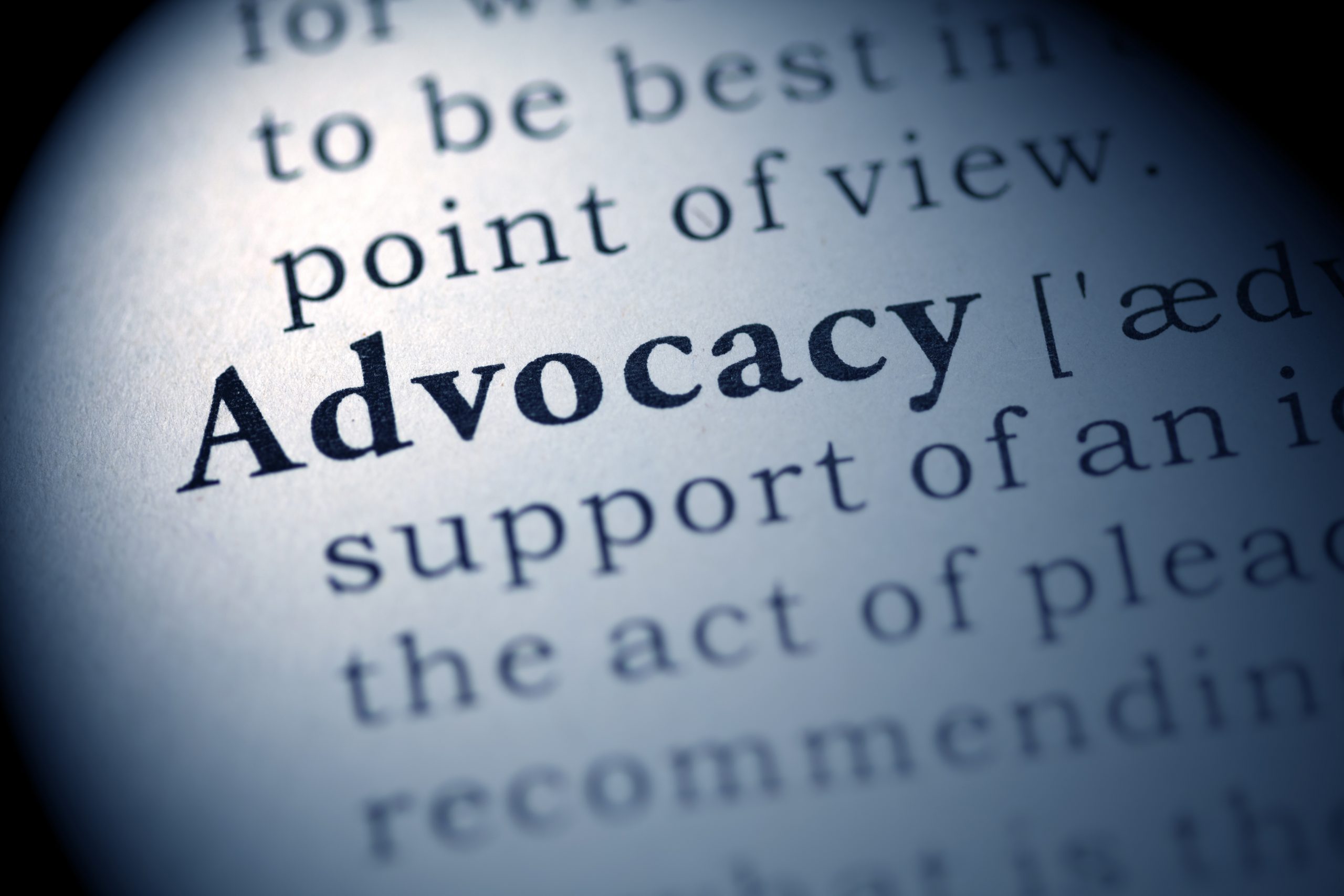MDHHS Three-Week Epidemic Order
On Sunday, November 15, the Michigan Department of Health and Human Services (MDHHS) issued a new emergency order that enacts a three-week pause targeting indoor social gatherings and other group activities in an effort to curb rapidly rising COVID-19 infection rates. The order takes effect Wednesday, November 18 and is in place through December 8.
Under this order, indoor residential gatherings are limited to two households at any one time; however, MDHHS strongly urges families to pick one single household to interact with over the next three weeks, consistent with new guidance released by the department. The order is aimed at limiting residential and non-residential gatherings where COVID-19 spreads rapidly.
- Bars and restaurants will be open for outdoor dining, carry-out, and delivery only.
- A gathering at a retail store, library, or museum must not exceed 30% of total occupancy limits established by the State Fire Marshal or a local fire marshal.
- A retail store, library, or museum may permit one customer at a time to enter if strict adherence to the 30% total occupancy limit would otherwise result in closure.
- Gatherings are prohibited at entertainment venues, including auditoriums, arenas, banquet halls, cinemas, conference centers, concert halls, performance venues, sporting venues, stadiums, and theaters.
- Gatherings are also prohibited at recreational facilities and places of public amusement, including amusement parks, arcades, bingo halls, bowling alleys, casinos, night clubs, skating rinks, strip clubs, water parks, and trampoline parks.
- Gatherings at exercise facilities must not exceed 25% of the total occupancy limits established by the State Fire Marshal or a local fire marshal, but gatherings for group fitness activities or classes are prohibited.
- Professional and college sports meeting extraordinary standards for risk mitigation may continue without spectators; however, all other organized sports must stop.
- Colleges and high schools may proceed with remote learning, but must end in-person classes.
This order should be applied to businesses, along with the requirements in the Michigan Occupational Safety and Health Administration (MIOSHA) Emergency Rules (more info below).
It should be noted in regard to masks, the order states under section 7 (d): “A person responsible for a business, store, office, government office, school, organized event, or other operation, or an agent of such person, may not assume that someone who enters the facility without a face mask falls within one of the exceptions specified in section 8 of this order, including the exception for individuals who cannot medically tolerate a face mask. An individual’s verbal representation that they are not wearing a face mask because they fall within a specified exception, however, may be accepted.”
Additional Resources
- MDHHS Gatherings and Face Mask Order
- MDHHS Department Guidance
- MI Chamber update
- Warner Norcross + Judd DHHS Order update
MIOSHA Emergency Rules
The Michigan Occupational Safety and Health Administration, within the Michigan Dept. of Labor and Economic Opportunity (LEO), promulgated Emergency Rules which clarify the safety requirements employers must follow to protect their employees from COVID-19.
Much of the requirements under the Emergency Rules were included in former Executive Orders, now rescinded. Under the Emergency Rules, businesses that resume in-person work must, among other things, have a written COVID-19 preparedness and response plan and provide thorough training to their employees that covers, at a minimum, workplace infection-control practices, the proper use of personal protection equipment (PPE), steps workers must take to notify the business or operation of any symptoms of COVID-19 or a suspected or confirmed diagnosis of COVID-19, and how to report unsafe working conditions. Special attention should be paid to the language on remote work under 5(8): “The employer shall create a policy prohibiting in-person work for employees to the extent that their work activities can feasibly be completed remotely.” More information on what that policy should look like can be found in the State’s FAQ.
MIOSHA’s Emergency Rules implement workplace safeguards for all Michigan businesses and specific requirements for industries, including manufacturing, construction, retail, health care, exercise facilities, and restaurants and bars. Industries that were previously required to provide mandatory temperature checks, including the manufacturing sector, are no longer required to do so and instead required to, under 6(1), “[…] conduct a daily entry self-screening protocol for all employees or contractors entering the workplace, including, at a minimum, a questionnaire covering symptoms and suspected or confirmed exposure to people with possible COVID-19, together with, if possible, a temperature screening.”
To further protect workers from the increased spread of COVID-19, MIOSHA launched a State Emphasis Program (SEP) focused on office settings that addresses the need for increased vigilance, education, and enforcement on remote work policies. MIOSHA will conduct inspections at workplaces with traditional office settings to review how rules are being followed and enhance compliance. While inspections will seek to help employers comply with safety standards, if the inspections determine deficiencies in the employer’s COVID-19 preparedness and response plans, citations, and penalties up to $7,000 may be issued.
A set of online resources at Michigan.gov/COVIDWorkplaceSafety provides businesses with the guidelines they and their employees must follow and includes a sample COVID-19 preparedness and response plan and a reopening checklist to help businesses put safeguards in place. Businesses can also find posters for employees and customers, factsheets, and educational videos.
Additional Resources
- MIOSHA Emergency Rules
- FAQ
- Webinar on business COVID requirements
- MI Chamber update on the Emergency Rules
- Warner Norcross + Judd update on the Emergency Rules
- MIOSHA Emergency Rules Infographic (p. 3 has links to industry-specific requirements)
- Sample COVID-19 Preparedness & Response Plan
- Reopening Checklist
The contents of this web page are made available to you for informational purposes only and should not be construed as legal, financial, or medical advice on any matter. This material may not reflect the most current COVID-19 developments and is subject to revision. In no event will Traverse Connect be liable for any decisions made or action taken in relation upon the information provided through this document.





